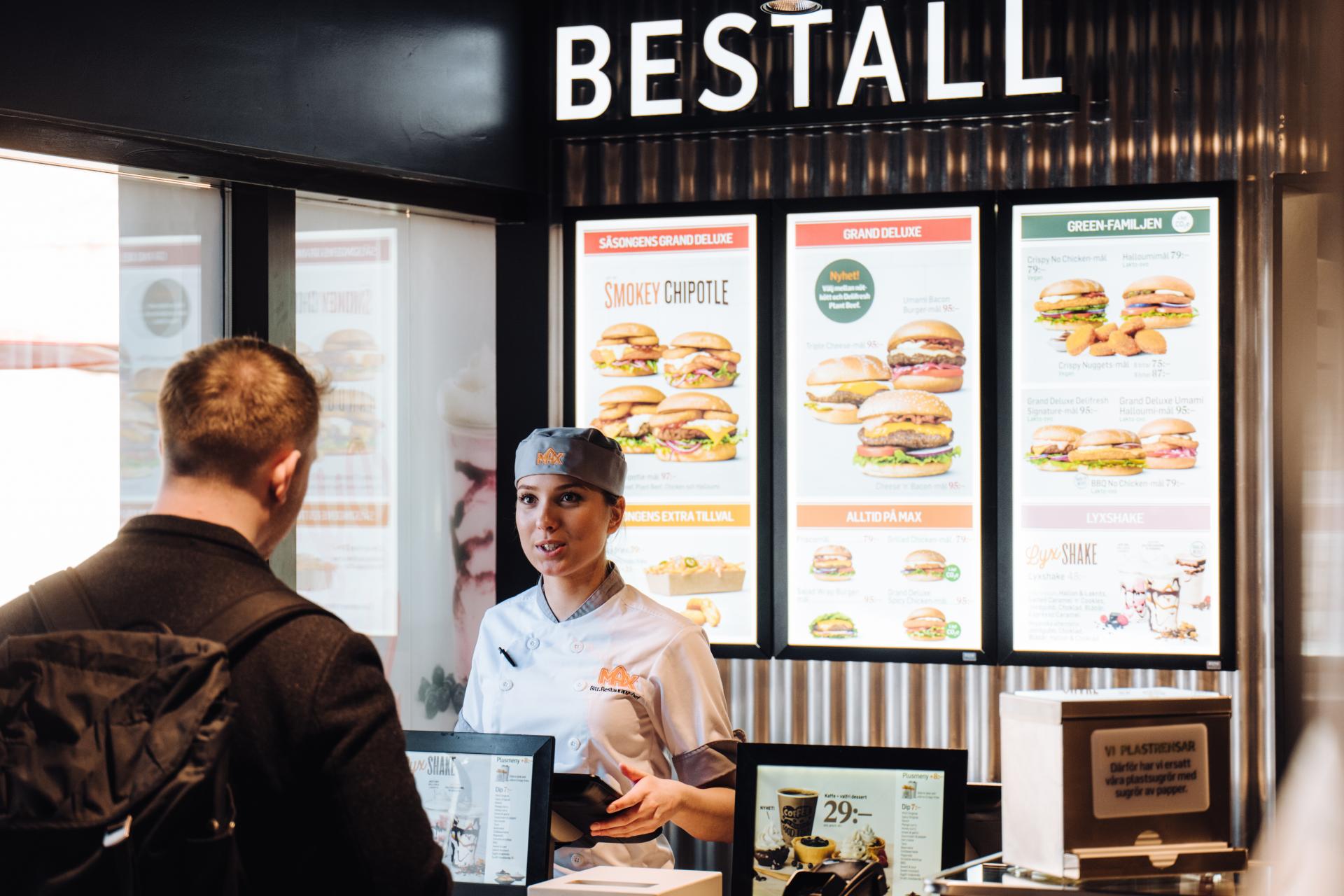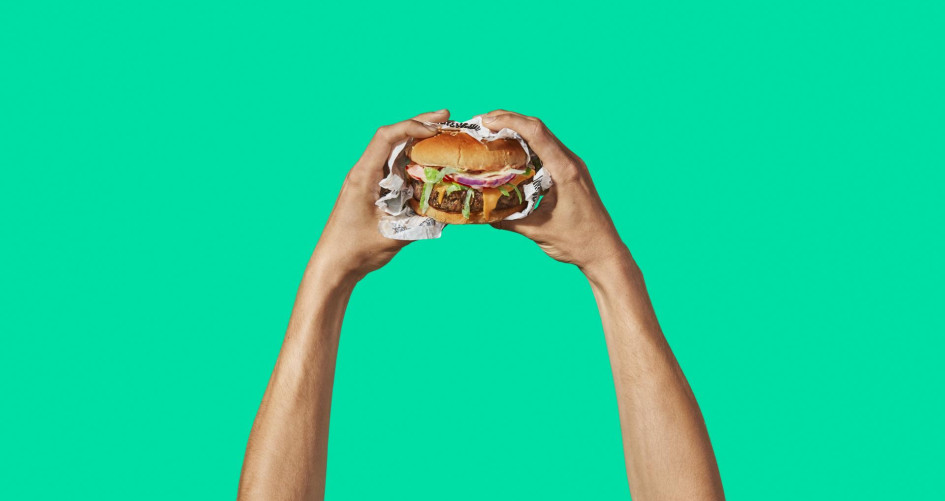The rearing of livestock generates 14 per cent of all carbon emissions, similar to the amount generated by all transport put together. Currently, farmed animals occupy nearly 30 per cent of the ice-free land on Earth. The livestock sector generates a seventh of global greenhouse gas emissions and consumes roughly one-third of all freshwater on earth.
Indeed, a report published in Science in 2018 revealed that meat and dairy provide just 18 per cent of calories consumed but use 83 per cent of global farmland and are responsible for 60 per cent of agriculture’s greenhouse gas emissions. As that report’s lead researcher, Oxford University’s Joseph Poore said: “A vegan diet is probably the single biggest way to reduce your impact on planet Earth, not just greenhouse gases, but global acidification, eutrophication, land use and water use. It is far bigger than cutting down on your flights or buying an electric car.”
This was echoed by an IPCC Special Report on Climate Change and Land last year which stated that if we don’t rapidly change the course for our food systems, we won’t be able to prevent the climate crisis.
Last year, EAT, a “science-based global platform for food system transformation” published the EAT-Lancet Commission on Food, Planet, Health, which brought together 37 scientists from across the globe in order to understand whether it is possible to feed a future population of 10 billion through a sustainable food system. The good news? The report concludes it is possible, as long as there is widespread action in multiple sectors, from a substantial shift towards healthier diets, a large reduction in food loss and waste, and major improvements in food production practices.
And while many of us find it hard to give up meat completely, recent years have seen the rise of so-called meat alternatives, plant-based ‘meat’ that looks, and tastes like the real thing.
And two of the most popular happen to be former Global Climate Action Award winners. Max Burgers is a Swedish restaurant which won a Global Climate Action Award in 2019. Its Chief Sustainability Officer, Kaj Török, says the change in consumer attitudes around meat in recent years has been “dramatic.”
“In 2015 only 2 per cent of our total sales came from ‘green meals’ (lacto-ovo vegetarian or completely plant-based options) with low climate impact. Last year, 22 per cent of our meals were ‘green meals’, a huge rise.”

Török is optimistic the move away from meat will continue. “Firstly, we see that new meat alternatives keep tasting better, not just our ones, but everywhere. Secondly, the trend of eating meat alternatives will expand from cities and university towns where a lot of ‘green meals’ are already sold to medium and small-sized cities, where we currently sell a lot less.”
That optimism is shared by Rebekah Moses, Impossible Foods’ Head of Impact Strategy. The California-based food company – who won a Global Climate Action award too two years ago – “makes meat, fish and dairy from plants,” and launched its first plant burger back in 2016, and in 2018 alone, spared the equivalent of 81,000 tonnes of emissions and 900 million gallons of water.
“In the early consumer studies on Impossible Burger and plant-based meat, most people did not include ‘environmental benefits’ as a reason for trying alternative meat,” Moses says. “Now, it’s consistently one of the top five reasons reported. We’re already seeing that shift in understanding and behaviour change, and that will only continue to increase. Right now, only about 30 per cent of US consumers understand the “plate-to-planet” connection, and we’d certainly like to increase that number.”
Impossible doesn’t attempt to guilt people into eating less meat, however, preferring to use the ‘carrot’ of great tasting food. “Impossible’s tactic is to perfectly recreate the experience of eating meat in all the ways that matter to consumers, using only plant-based ingredients,” she says. “Research has shown that consumers will actively choose the plant-based version as long as it tastes just as good and is just as versatile, affordable and available.”
Given that demand for dairy and meat is increasing fast, relying on animals for both “will result in an ecological disaster,” Moses says. “If we truly want to address climate change and prevent mass animal extinction, there’s no ignoring this sector.”
For Max Burgers, the path they have paved is getting more well-trodden every day, with more and more Swedish fast-food companies exploring meat alternatives. “In the past, I don’t think many restaurants saw the opportunity clearly enough, which has stopped them trying hard enough to ensure their green meals both taste fantastic and are promoted properly,” he says. “However, many fast-food chains in Sweden understood our green burgers are a sales success and they are now coming up with their own alternatives. In the grocery stores in Sweden, sales of meat alternatives have increased dramatically the last five years.”
The EAT-Lancet Commission Report states that “transformation to healthy diets by 2050 will require substantial dietary shifts…[and] consumption of foods such as red meat and sugar will have to be reduced by more than 50 per cent.” So, maybe it is time you embraced the new era in plant-based meat – something that may help your health and the planet.
